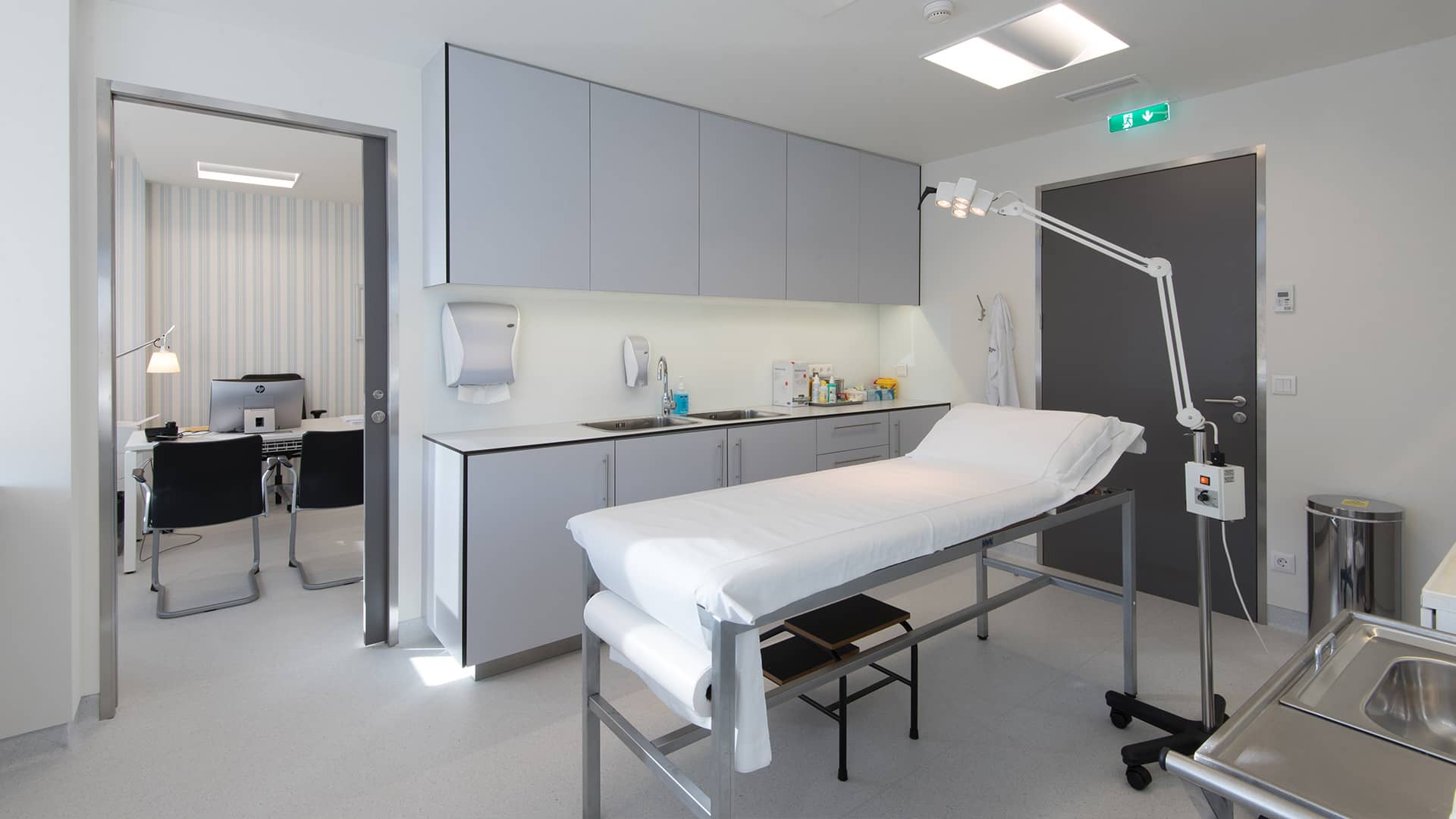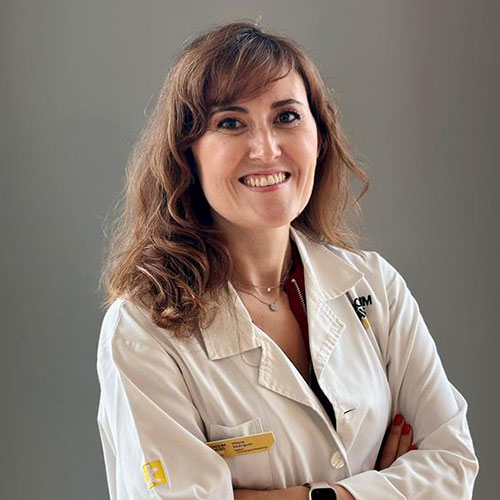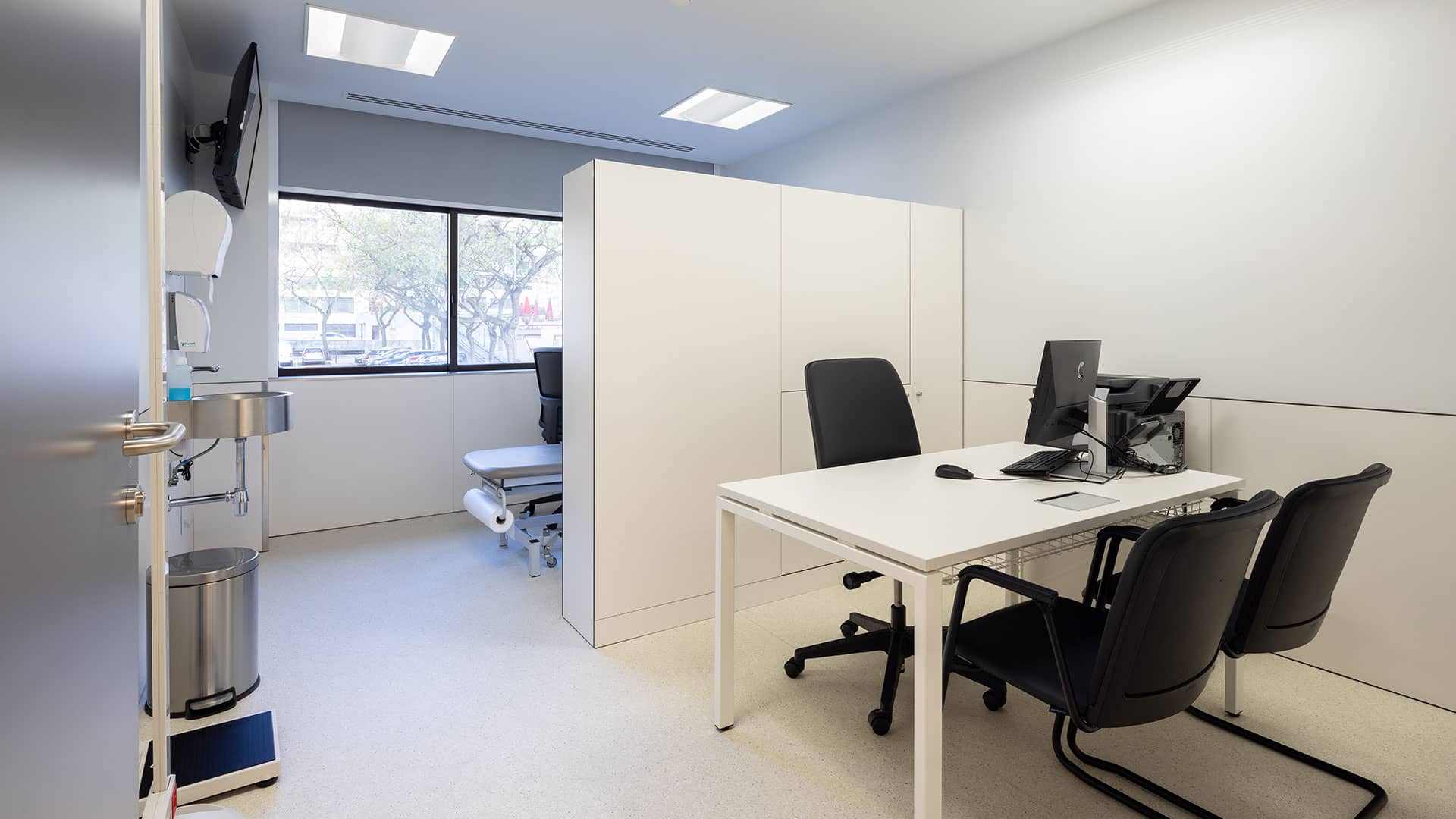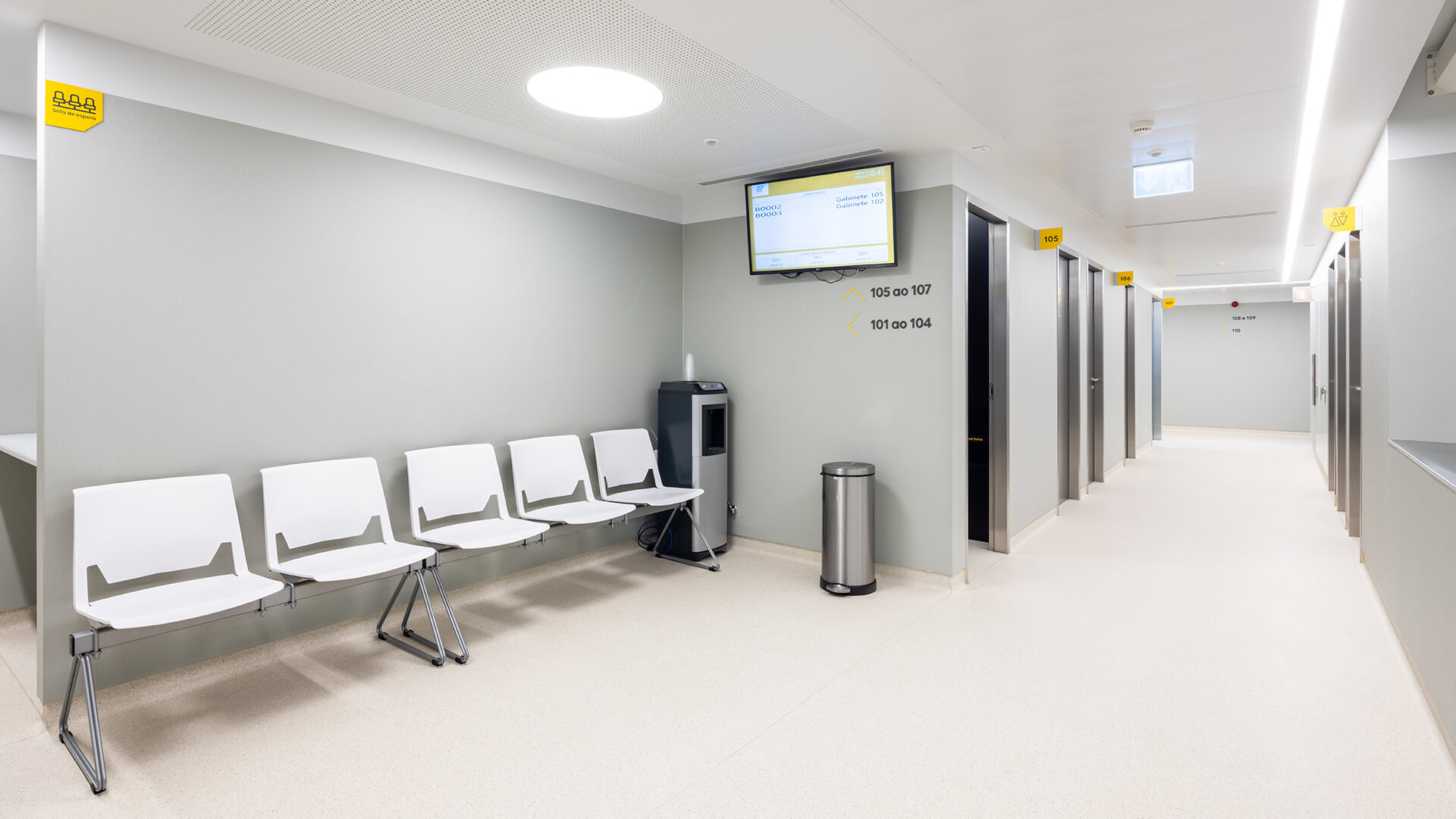Cervical-vaginal cytology, or Pap smear test, is essential for cervical cancer screening. Learn how it is performed and when you should get it done.
Cervical-vaginal cytology, also known as Pap smear test, is a simple and effective examination that prevents about 70% of deaths caused by cervical cancer. Discover what it is exactly, why it is so important, how it is performed, who should get it, and when.
What is cervical-vaginal cytology or the Papanicolaou test
Cervical-vaginal cytology is a gynaecological examination used to diagnose abnormalities, lesions, and pathologies of the uterus, such as inflammation, Human Papillomavirus (HPV) infection, and cancer. It also allows for the detection of sexually transmitted bacteria, such as Trichomonas vaginalis.
This examination was created and popularized in 1940 by the Greek physician Georgios Papanicolaou, who gave it the name by which it is commonly known. Since then, cervical-vaginal cytology has been widely used and is now part of the National Oncological Screening Program for cervical cancer.
Why should cervical-vaginal cytology be performed?
The purpose of cervical-vaginal cytology is to identify pre-cancerous lesions or cervical abnormalities before they have symptomatic expression, allowing for more effective treatment. Some cells of the cervix, infected with the Human Papillomavirus (HPV), may spontaneously disappear without treatment, but they can also progress to pre-malignant lesions that, if left undetected, can develop into cervical cancer. Therefore, this examination plays a fundamental role in reducing deaths from cervical cancer and is the most effective way to prevent it.
Additionally, it allows for the evaluation of the overall health of the cervix and the investigation of vaginal infections such as candidiasis or bacterial vaginosis. It is also possible to detect sexually transmitted infections such as trichomoniasis, chlamydia, gonorrhoea, or syphilis.
How is the cervical-vaginal cytology examination done?
Cervical-vaginal cytology involves the collection of a sample of cells from the cervix for laboratory analysis. This examination is performed by a gynaecologist during a consultation. The doctor inserts a speculum into the vaginal canal, which allows for visualization of the entire cervix. Then, a small spatula is inserted to collect cells from this cervical area. The obtained sample is subsequently sent to the laboratory to check for the presence of microorganisms or cellular abnormalities.
This procedure is simple and quick. Some women may experience mild discomfort or a sensation of pressure inside the uterus, especially if there is tension, but it is a transient situation and generally well tolerated. Therefore, it is recommended that the patient remains as relaxed as possible.
What types of cervical-vaginal cytology are there?
Cervical-vaginal cytology can be performed in two different ways: conventional method or liquid-based (ThinPrep). In the conventional method, cells are collected using a specific spatula designed to create a smear on a glass slide, which is then fixed with an appropriate spray. On the other hand, in liquid-based cervical-vaginal cytology, the obtained cells are stored in a vial to be later observed on a slide in the laboratory.
In both cases, the collection is done in the same way, but the liquid-based storage allows for better preservation of the cells, which enables obtaining more material for study and performing other tests with the same sample. Therefore, it is the preferred method in gynaecological clinical practice.
When should cervical-vaginal cytology be done?
The frequency of cervical-vaginal cytology depends on the advice of the gynaecologist. Generally, it is recommended to have the exam once a year, and if the results are negative for two consecutive years, it can be done every three years. Women should start having cervical-vaginal cytology at the age of 19 or after the onset of sexual activity (if they are older than 19).
There is no upper age limit for stopping the exam. This frequency may vary depending on specific conditions, such as women who have not yet initiated sexual activity, pregnant women, or those with conditions that alter immunity. It is always advisable to consult with your gynaecologist to determine the most appropriate frequency for your case.
What are the possible results of cervical-vaginal cytology?
The abnormalities presented by the cells of the cervix are classified into three levels. A negative result, as the name suggests, indicates that no anomalies or changes were detected, therefore there are no signs of lesions. On the other hand, a positive result means that changes have been found, but they may not necessarily indicate cancer. They may only indicate the presence of inflammation or infections. Finally, an unsatisfactory result does not allow for conclusive interpretations, so the patient will have to repeat the test.
When the result is positive, you should consult with your gynaecologist to determine the next steps. It may be necessary to undergo a colposcopy, an examination that is performed directly on the cervix. Using vital dyes, the doctor will be able to observe details that are not evaluated in routine procedures. In some cases, a biopsy may be necessary to complement the evaluation and reach a definitive diagnosis.
What precautions should be taken before undergoing cervical-vaginal cytology?
Although specific preparation is not necessary, there are some requirements to consider before undergoing cervical-vaginal cytology. The test should not be performed if the woman is menstruating, as the presence of blood makes it difficult to interpret the results. However, it may be indicated if there is bleeding outside the expected menstrual period or if it occurs as a result of sexual intercourse.
Additionally, the woman should abstain from sexual activity for two days prior to the test and should not use any vaginal products or medications (unless otherwise instructed by a healthcare professional). There are no contraindications for pregnant women.
How to schedule a cervical-vaginal cytology appointment?
You can schedule your cervical-vaginal cytology appointment at Joaquim Chaves Saúde clinics. Our team of Gynaecology specialists is ready to assist you and answer any questions you may have. Here, you can rely on the most advanced diagnostic tools and facilities designed for your comfort, so you can undergo the examination comfortably and safely. Take care of your health and schedule your appointment now.





